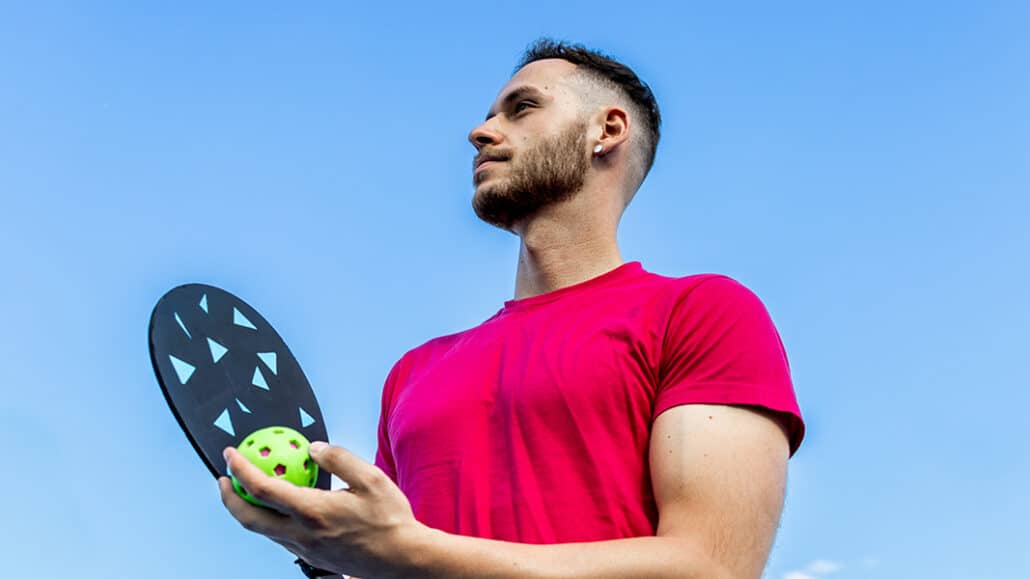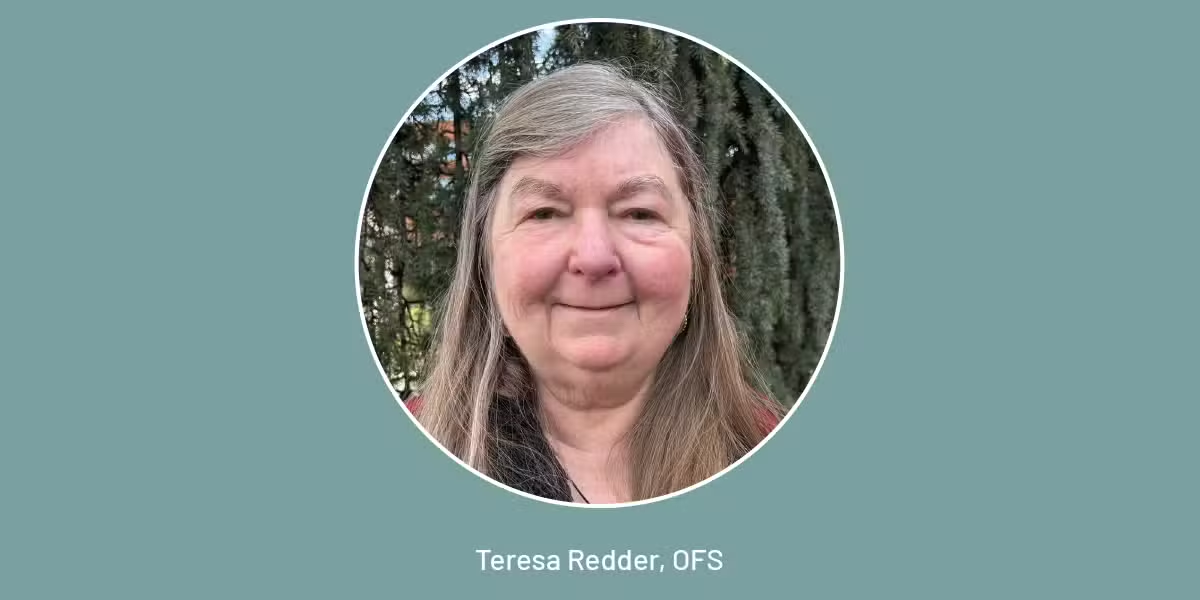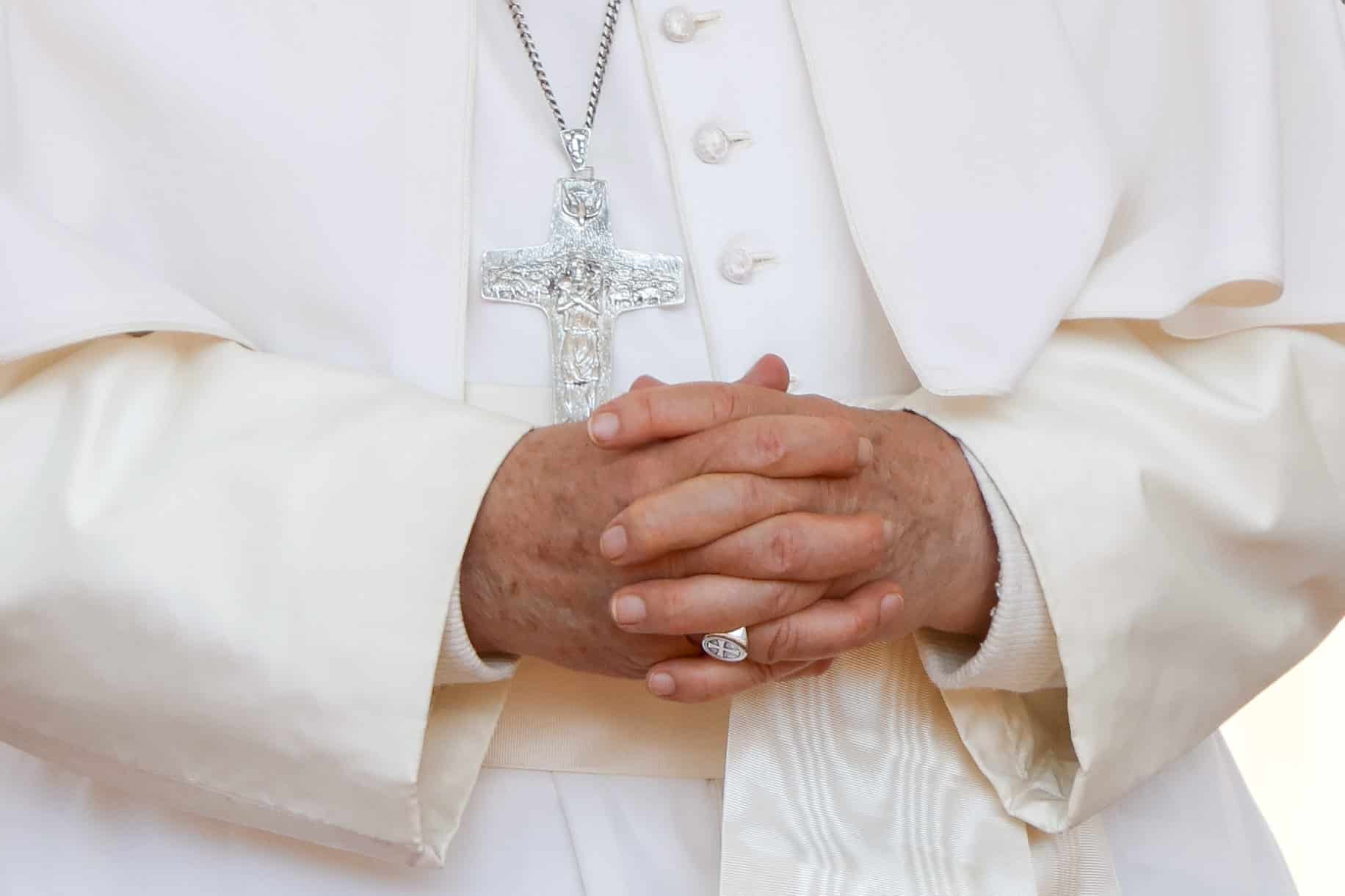Enjoy our weeklong series leading up to the Summer Games!
I am sometimes referred to an evangelizer; ironically (and thankfully), it is not because I am a hospice and palliative care chaplain, but because of my enthusiasm for pickleball. I find myself inviting near strangers to come play pickleball somewhere—“just try it”—as I attempt to share my sincere joy and passion for this popular sport. In case you have not heard about pickleball, which means you have obviously not met me or another pickleball enthusiast, it is a game played indoor or outdoor on a court much smaller than a tennis court, using a paddle similar to the size of a racquetball racket and a plastic ball with holes, a bit larger than a baseball. It is an accessible game—one does not need to be particularly mobile or strong or athletic to enjoy the sport. On the other hand, pickleball has grown such that there are college teams, as well as national leagues and pickleball professionals. Next stop, perhaps the 2028 Olympics?
Why my enthusiasm for pickleball? It is by far the best community I have found in the sporting world. Aside from the benefits of physical activity, pickleball is simply fun. It has to be fun, with a name like “pickleball,” right? And because people gather to have fun, the pickleball community is fun, and it makes one feel good inside, so people keep coming back for more.
There have been many conversations around the court and elsewhere as players contemplate what is different about this sport. People come from a variety of sporting backgrounds (or not), and nearly everyone agrees that there’s just “something different” about pickleball and the communities that are formed. Pickleball was established in 1965, so it is not simply a product of COVID, although many people found themselves forming “safe groups” during that time that also forged some very strong relationships.
Franciscan at the Core
The Franciscan tradition, among others, promotes “meeting people where they are.” Regardless of one’s life circumstances, physical or mental abilities, educational or poverty level, skin color, gender preference, or any other factor, it is important to accept others “as is.” In return, we also have the opportunity to be welcomed in the same way. I continually experience this Franciscan trait as we welcome one another to join us at the table, or in this instance, the pickleball court.
Through pickleball, I have met people with whom I may never have crossed paths despite my many interests. I look forward to seeing these people often weekly, if not more regularly. Sharing time on the court has spread to meeting off the court, for meals/beverages, walks, and other social events. We celebrate birthdays and other joys.
We have supported each other through issues with relationships, raising kids, pets, caring for aging parents. We have attended funerals, visited people in hospitals, in their homes, provided meals, helped each other recover from injuries, pickleball related or not.
The fascinating thing is, many times, we barely know these people, or we have only known them a short time. But you get to know them, and you are welcome regardless if you have been showing up for a day or a week or a year. It does not matter how well you play pickleball. What matters is that you show up and you are welcomed. What a refreshing experience in today’s world.
Is it all rainbows and glitter? No, we are human. There are sometimes misunderstandings and hurt feelings. Sometimes people can be downright rude and tarnish one’s pickleball experience. And if that has happened, let me know and we will try to rectify it. That’s what a pickleball evangelizer does. Just ask one!









1 thought on “Spirituality & Sport: Pickleball in the Franciscan Tradition”
The author has captured the essence of pickleball and its connection to Franciscan values. It builds a community that I am grateful to be part of.